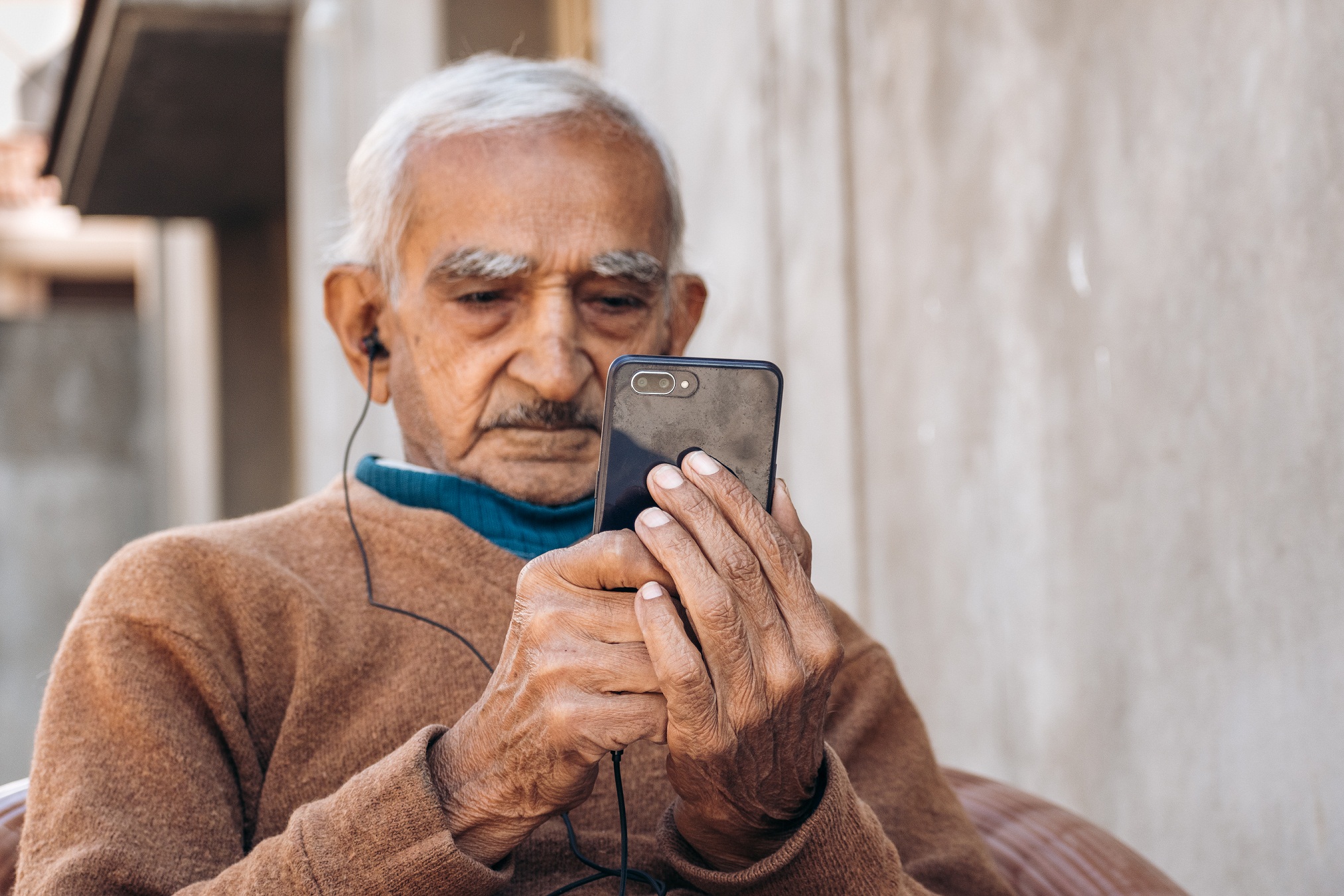Mental Health and the Budget

Among COVID-19’s many effects on individuals and society, one of the most insidious is the way it affects mental health. Mental health practitioners in India report an immense increase in persons seeking help, giving rise to new challenges and aggravating pre-existing issues.
Traditionally, mental health issues have been associated with psychotic disorders or other such severe problems. Only recently have increased awareness, online access and conversation about other mental health issues, like depression, anxiety, attention-deficit/hyperactivity, and learning disabilities, been occurring.
COVID-19 positive patients often suffer from depression, anxiety, and post-traumatic stress related to the disease. Frontline workers often face stigma from their community and family and have to deal with the fear of getting infected. They also suffer from burnout, anxiety, and insomnia related to overwhelming workloads.
Studies indicate that mental health issues like anxiety, depression, stress, psychological distress, and loneliness have increased among the general population during the COVID-19 outbreak. There is also an increase in alcohol and drug use, as well as severe withdrawal symptoms due to the sudden unavailability of alcohol and other addictive substances during the lockdown.
The hidden pandemic
However, India has long been in a mental health pandemic – a hidden but real undercurrent is complicated by language complexities, gender roles, lack of accessibility, especially in rural areas and stigma that results in hesitancy in seeking help.

Countering this hidden pandemic requires collective effort by various stakeholders: health professionals, community health workers, persons affected by mental illness, family members, teachers, workplace managers, police, civil society establishments, community leaders, and policymakers. Such concerted effort has to be directed towards the development of new infrastructure around mental health care that recognises the crisis as institutional and a wider social issue. Enhancement of existing resources is also required.
New Budget and mental health
As India enters the third year in its management of the pandemic, the focus of the public health sector will be to further strengthen the health systems at primary, secondary and tertiary levels to respond in greater measure to the existing and potential future wave of infections.
In 2022-23, the Budget estimate for the health sector has been increased by 16.59% compared to the 2021-22 Budget estimate.
Besides augmenting the health infrastructure, the government has also placed priority on another significant issue related to the pandemic: mental health.
With Covid-19 adversely affecting mental health and triggering an exponential rise in mental health issues, the government announced the roll-out of the national tele-mental health programme.
How will tele-mental health help?
The programme will include:
- A network of 23 tele-mental health centres of excellence
- NIMHANS will be the nodal centre, with IIIT-Bengaluru providing technology support
- The 23 centres will help states and UTs set up tele-health helplines and train counsellors
Another big focus of the Budget has been on digital health. Finance Minister Sitharaman announced the roll-out of an open platform for the national health ecosystem. She said the digital ecosystem will comprise an exhaustive list of digital registries of health providers and health facilities, a unique health identity, a consent framework and universal access to health facilities.
The national digital health mission has been allocated Rs 200 crore, compared to just Rs 30 crore in the previous Budget.
Hope Trust is already online
In India, 10.4% people have a diagnosable mental health condition, but that does not mean that everyone needs to be seen in a hospital. Such services are a great help for mild forms of mental health issues and become accessible to anyone from the comfort and convenience of their homes.
Hope Trust had felt the need and anticipated the growing demand for online mental health services and initiated them two years ago.
Over twenty qualified and experienced therapists – psychiatrists, clinical psychologists, and therapists are available for online consultations. You can access the service from anywhere!
We welcome the Government’s new initiative and direction on mental health!
For online consultations, call: +91 9000850001 / 9490684998
Or WhatsApp Chat: +91 9347639473